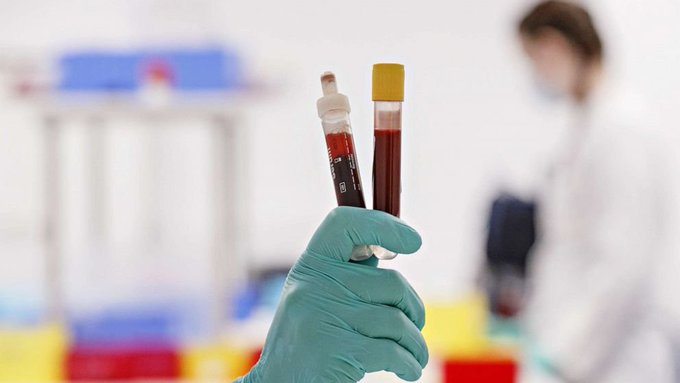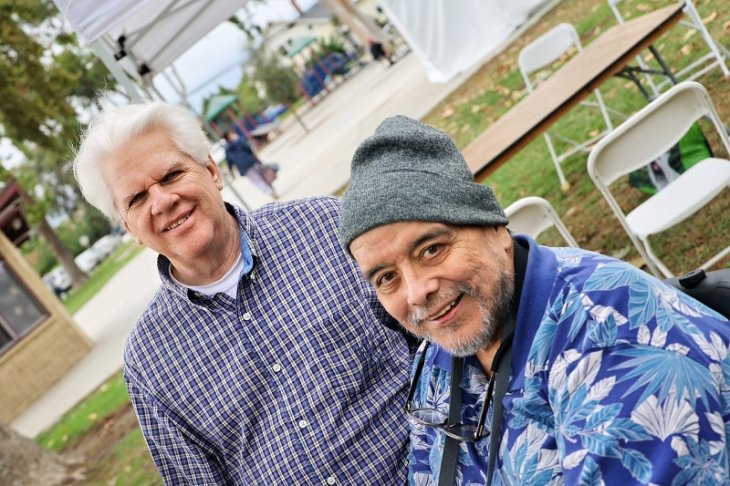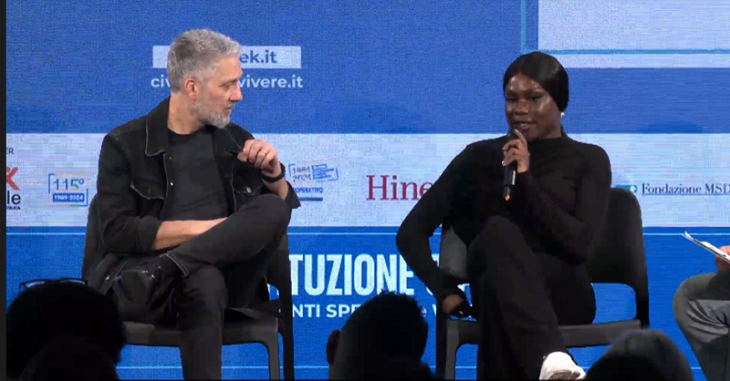California Attorney General Xavier Becerra led a multistate coalition in submitting comments to the U.S. Department of Health and Human Services’ Food and Drug Administration (FDA) supporting efforts to maintain an adequate national blood supply to aid the nation’s medical response during the COVID-19 pandemic. In the letter, Attorney General Becerra argues that while the FDA’s guidance easing restrictions on blood donations from the LGBTQ population, specifically gay and bisexual men, is a step in the right direction, the guidance does not go far enough to meet the nation’s needs. The letter advocates moving toward a risk-based, gender neutral screening model and further revising guidance to make it easier for the LGBTQ population to donate blood and plasma in response to the nation’s needs during the COVID-19 public health emergency.
“As Americans stay home to stop the spread of coronavirus, the nation is facing a shortage of blood donations, which provide critical medical support to hospitals and their patients,” said Attorney General Becerra. “During this pandemic, it is important to continue to evaluate and modernize blood donation guidance to be inclusive of LGBTQ Americans. A risk-based model not only protects the health and safety of our communities – it’s the right thing to do.”
In the midst of the COVID-19 health crisis, blood drives and donations have dropped significantly. Every day, the United States needs approximately 36,000 units of red blood cells, nearly 7,000 units of platelets, and 10,000 units of plasma to provide blood transfusions for major surgeries, treat patients and victims of trauma, and more. The American Red Cross, which provides about 40 percent of our nation’s blood and blood components, recently reported less than a five-day blood supply on hand. As of mid-March, over 4,000 blood drives have been canceled across the country due to coronavirus concerns and closures of schools and workplaces where these drives are usually held, resulting in over 100,000 fewer blood donations.
Recently, the FDA issued revised guidance related to blood donation policies for the LGBTQ community. This guidance reduced the wait period after sexual activity for gay and bisexual men from twelve months to three months. While this reform takes a step toward increasing blood donations made by healthy bisexual and gay men in a time when the nation’s supply of blood and blood products is at risk of collapse due to the COVID-19 pandemic, it does not go far enough. Data from the University of California, Los Angeles School of Law Williams Institute indicates that lifting restrictions completely, as compared to a 12-month waiting period, would produce more than 2 million additional eligible blood donors, including nearly 175,000 likely blood donors, and would produce nearly 300,000 pints of additional donated blood annually.
Attorney General Becerra also argues that moving toward a risk-based model, rather than one based on gender, is not only more appropriate to address the population’s needs, but is also more in line with laws that protect against discrimination. A population-based policy singling out bisexual and gay men threatens the constitutional Equal Protection principles under the Fourteenth Amendment and Fifth Amendment. Over the long term, the FDA should instead look at risk behavior rather than sex for determining who should donate blood.























